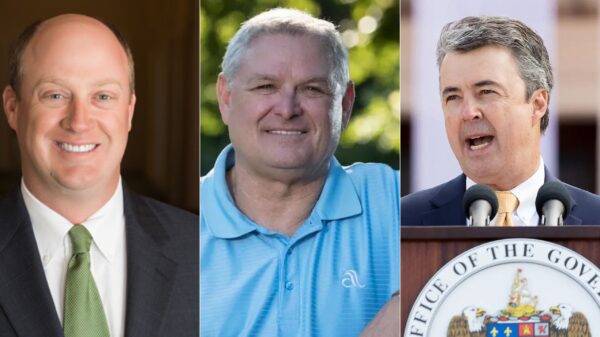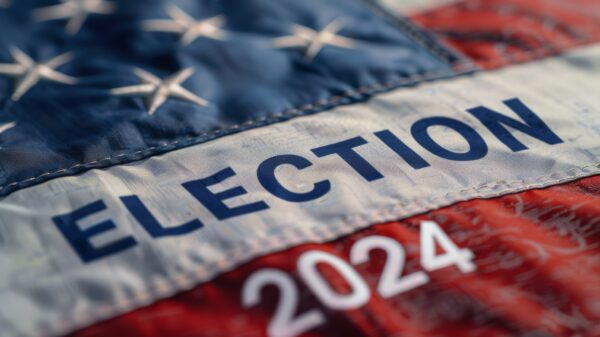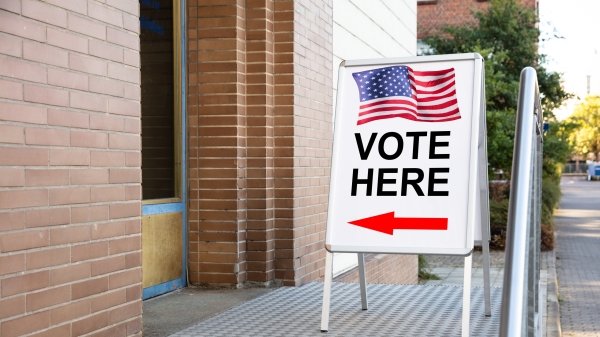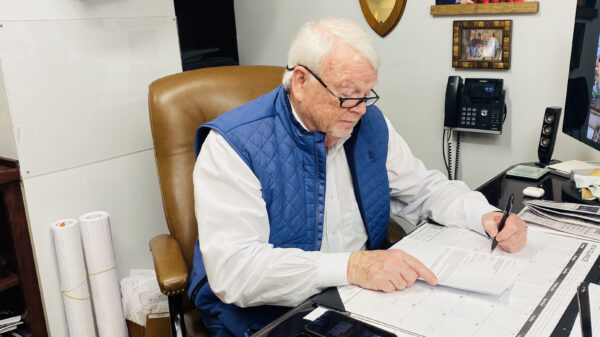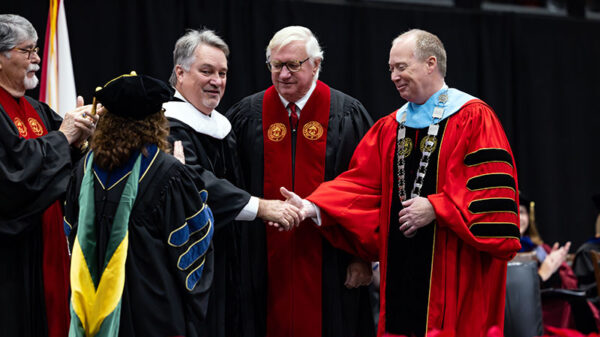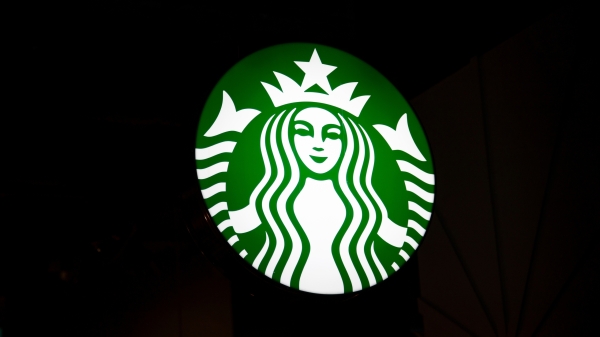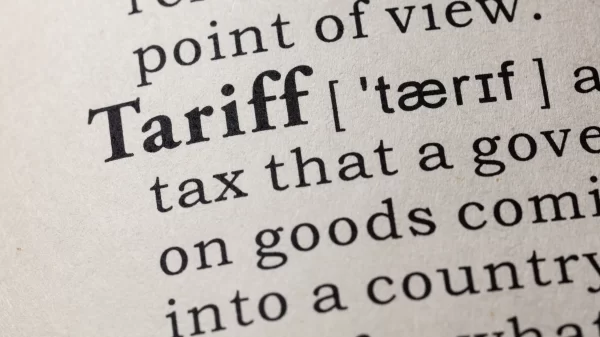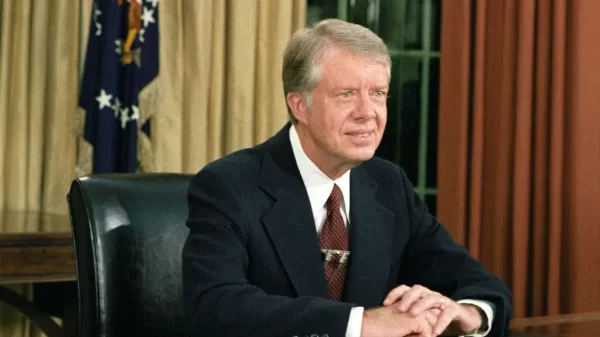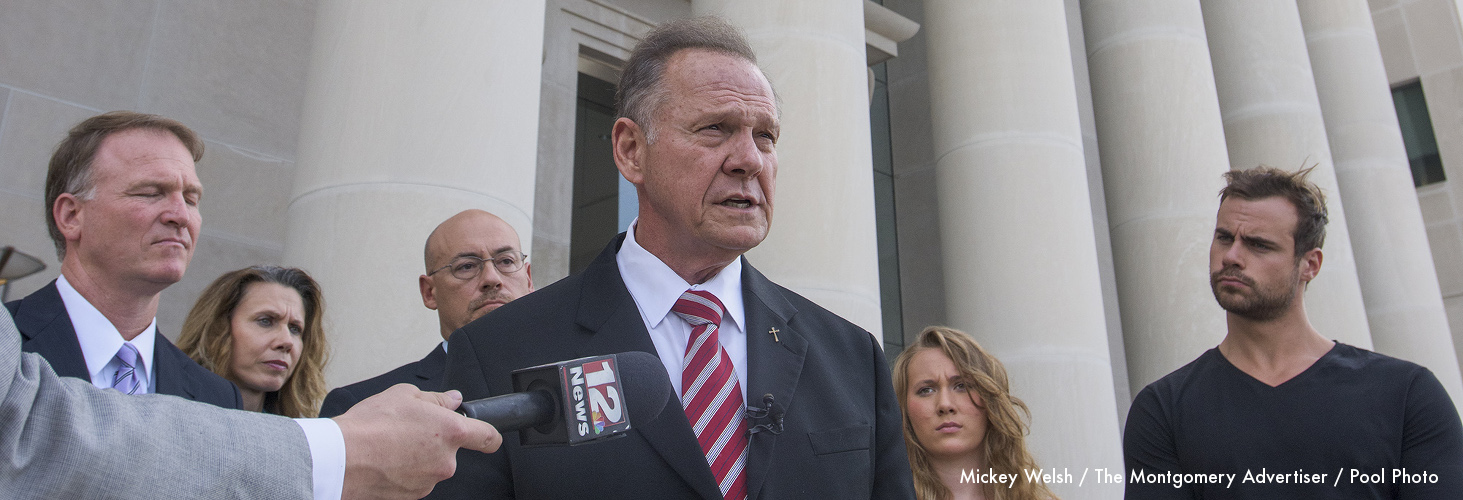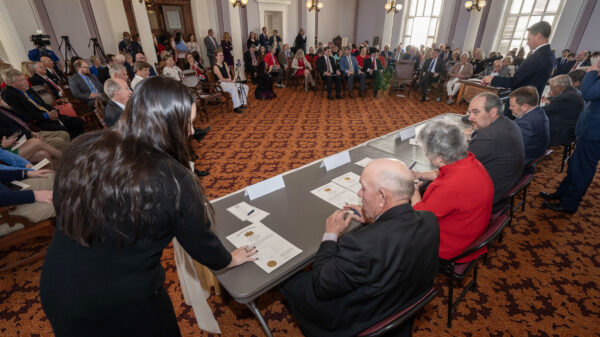By Brandon Moseley
Alabama Political Reporter
Roy Moore’s campaign picked up several endorsements from former Republican primary challengers as the election draws closer.
U.S. Rep. Mo Brooks, R-Huntsville, endorsed Moore for the U.S. Senate seat formerly held by Jeff Sessions on Saturday.
Brooks finished third in the Aug. 15, Republican primary for U.S. Senate with 19.7 percent of the vote. Moore has also been endorsed by state Sen. Trip Pittman, R-Montrose, and former Alabama Christian Coalition President Randy Brinson who finished fourth and fifth respectively.
“This Senate race is down to this: we are in an epic battle between the people of Alabama who put America First and the Washington Swamp that hopes to buy Alabama’s Senate seat and put America Second!” Brooks said at a Moore event. “All of America is watching Alabama to see who wins. I can’t speak for anyone else, but, as for me, I stand with America! I have voted for Roy Moore because Roy Moore not only stands with America, he will fight for America! I urge you to join that fight. Defend Roy Moore’s reputation and character from the nonstop, malicious lie of the Strange/McConnell forces. On September 26th, vote for Roy Moore….and make sure your friends and family members do, too. Do it because America’s future depends on it!”
Brooks said that he has already cast his absentee ballot for Moore.
“Judge Moore has run a great campaign, and I firmly believe he’s the best choice for Alabama,” Pittman said at a press conference in Troy, Alabama. “If the people of Alabama want a Senator who will go to Washington and stand up to the establishment by working to end out-of-control government, excessive regulations and address the devastating impact Obamacare has had on our families and the economy, we need to elect Roy Moore.”
“As an Alabamian, as a veteran and as a Christian, I fully support and endorse Judge Roy Moore to represent the people of Alabama as our next US Senator,” Brinson said. “Judge Moore is going to Washington to fight corruption and back room deals, while his opponent Luther Strange got to Washington because of a back room deal. The choice for Alabama is simple; if you support the Washington status quo, vote for Strange. If you support true conservatives who will get President Trump’s agenda passed, vote for Moore.”
Together, Moore, Pittman and Brinson had 66.7 percent of the Republican primary vote. Certainly not every Brooks, Pittman and Brinson supporter will follow their candidate’s endorsement and vote for Moore; but even if just half did, then Moore still bests Strange who only had 32.2 percent of the primary vote.
While Moore has all the grass roots support and most of the endorsements in this race, Sen. Luther Strange, R-Ala., however, still has very powerful Washington friends. Senate Majority Leader Mitch McConnell, R-Ky., and a broad coalition of lobbies have thrown over $10 million into this race to finance attack ads against Moore, similar to the one they launched against Brooks over the summer. President Donald Trump is even flying to Huntsville on Saturday to campaign for Strange.
The Republican primary runoff will be one week from today on Tuesday, Sept. 26.
The winner will face Clinton-era U.S. Attorney Doug Jones in the Dec. 12, 2017, special general election.

